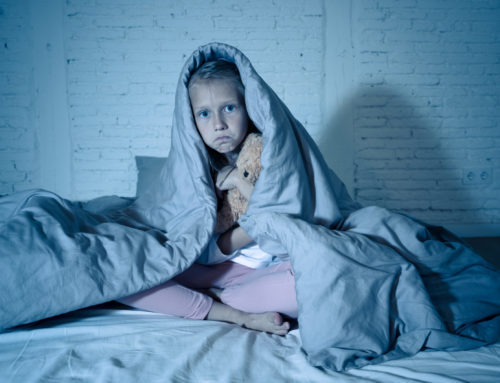by Tom McSheehy MSW, LSW
Confusing Messages — Do As I Say and Not As I Do!
Society is sending very confusing messages about suicide to those who are dealing with mental health issues like depression, anxiety, and PTSD. On one hand, society says to anyone who is thinking of suicide that they should just reach out for help and call a help line and/or see a therapist. That is great advice, but that advice can sometimes create more shame for those who are suffering.
These action steps speak about what the individual can do to help themselves, but it doesn’t highlight the incongruence and inconsistency between what is said and what is done by adults in society. Society wants to support those suffering with mental health issues, but doesn’t put as much emphasis on supporting changes that are needed to create a society that really supports a major paradigm change where mental health will be valued and honored.
Many adults don’t model or practice the suggestions that they prescribe for those who are suicidal. If we really want to reduce suicides and change the paradigm of stigmas and shame that has been passed along for centuries, we all need to practice what we preach related to being vulnerable and authentic in sharing emotions and reaching out for help.
In mainstream society, we don’t see adults modeling vulnerability by sharing their emotions like sadness, fear, anger, or hurt openly. The old stigmas and beliefs are still prominent in every fabric of society and in forms of entertainment. Those who are suicidal might be checked in to hospitals or day treatment programs or get put on medications, but they eventually have go back to schools, work places, or homes which still function with the old beliefs and stigmas.
There are constant messages in society that perpetuate mental health stigmas and outdated beliefs. People apologize for crying in public or are embarrassed to be vulnerable and express emotions like sadness, fear, hurt, or anger in public.
The number one suicide prevention tool is healthy and empathetic connection. Human beings need healthy connection for mental health. When we can be vulnerable and real with people who can also be vulnerable and real and when we can listen with deep empathy and care, our resilience is strengthened and we can cope with any mental health issues much better.





